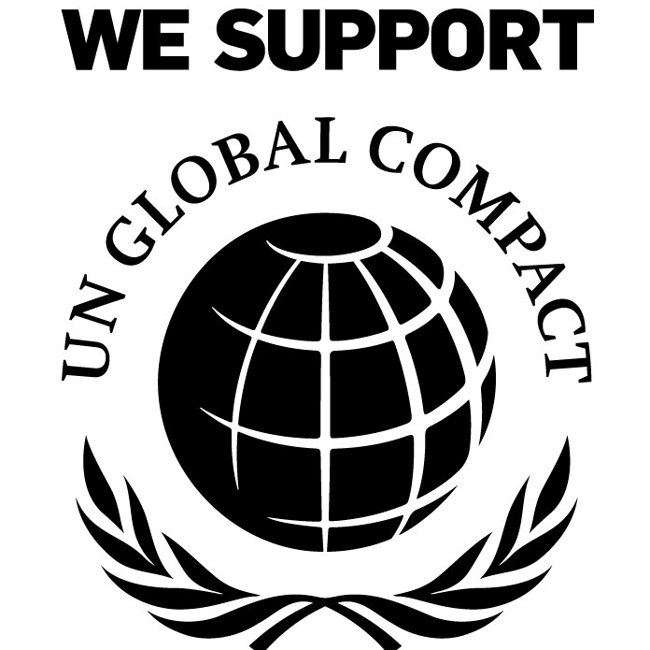We have taken the first steps toward complying with the EU’s new sustainability reporting requirements under the Corporate Sustainability Reporting Directive (CSRD).
Although the requirements will only become mandatory at a later stage, we have already chosen to structure our reporting around three key areas: climate, employee relations, and sound business practices.
This proactive approach ensures that our efforts are transparent, well-documented, and purpose-driven.



FN’s Global Compact
We base our work on clear recommendations.
To ensure that sustainability is not just something we talk about – but something we act on – we have chosen to follow the 12 recommendations from the Forum for Sustainable Finance. They serve as a kind of checklist and guiding framework for how we can best integrate sustainability across our entire business. The recommendations help us stay focused, set goals, and track our progress. They also make it easier for us to report to our board and partners in a clear and structured way.

This is how we work with goals.
We have conducted a double materiality analysis, which helps us identify the most important sustainability issues – both in terms of our impact on society and the environment, and the financial risks and opportunities we face. Based on this, we have set concrete goals, including:
-
Reducing our CO₂ footprint, particularly through green loans and investments
-
Ensuring high employee well-being, gender equality, and skills development
-
Strengthening business ethics through anti-corruption training and the development of a Code of Conduct for our partners
We have established an ESG governance structure with an ESG Board and an Action Group to ensure that sustainability is embedded throughout the organization.
We know that sustainable development requires long-term solutions and collaboration. That’s why we are working purposefully to create value – not just for our customers, but for all of Greenland.
